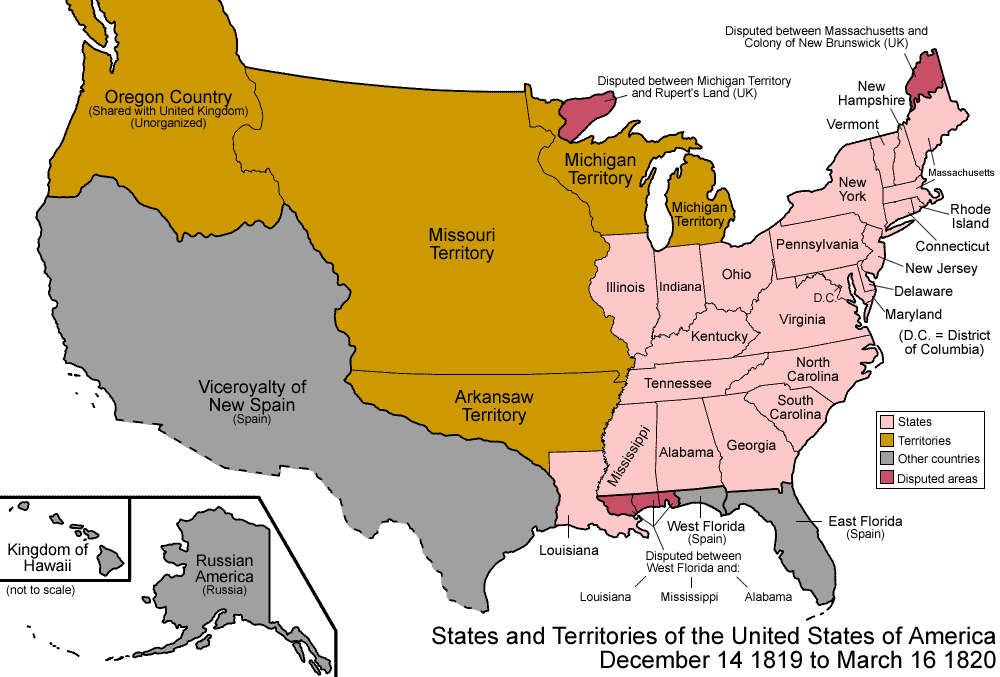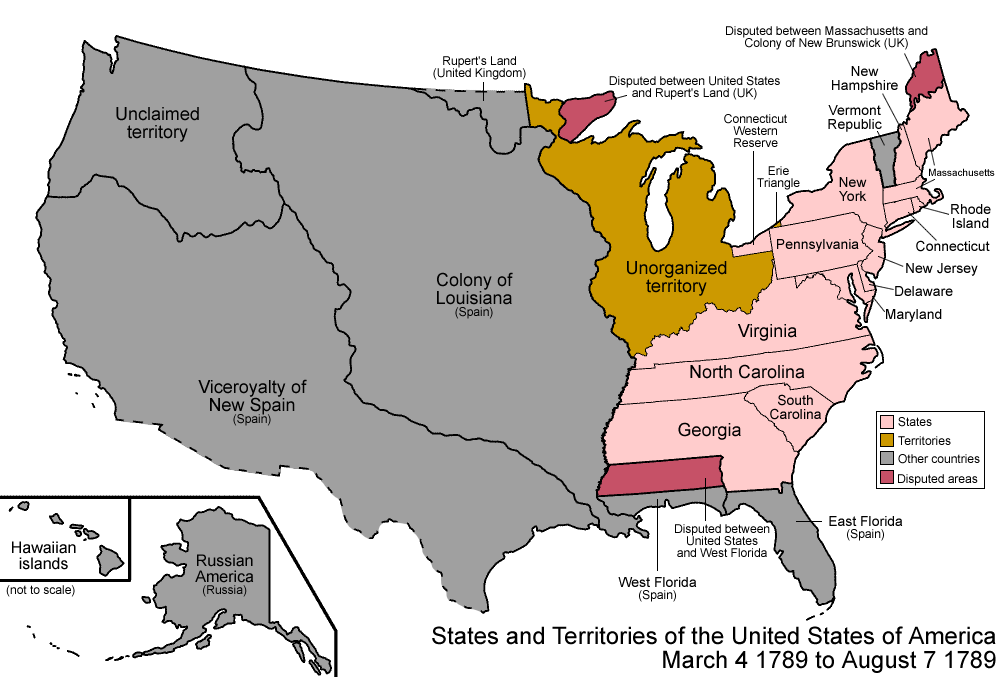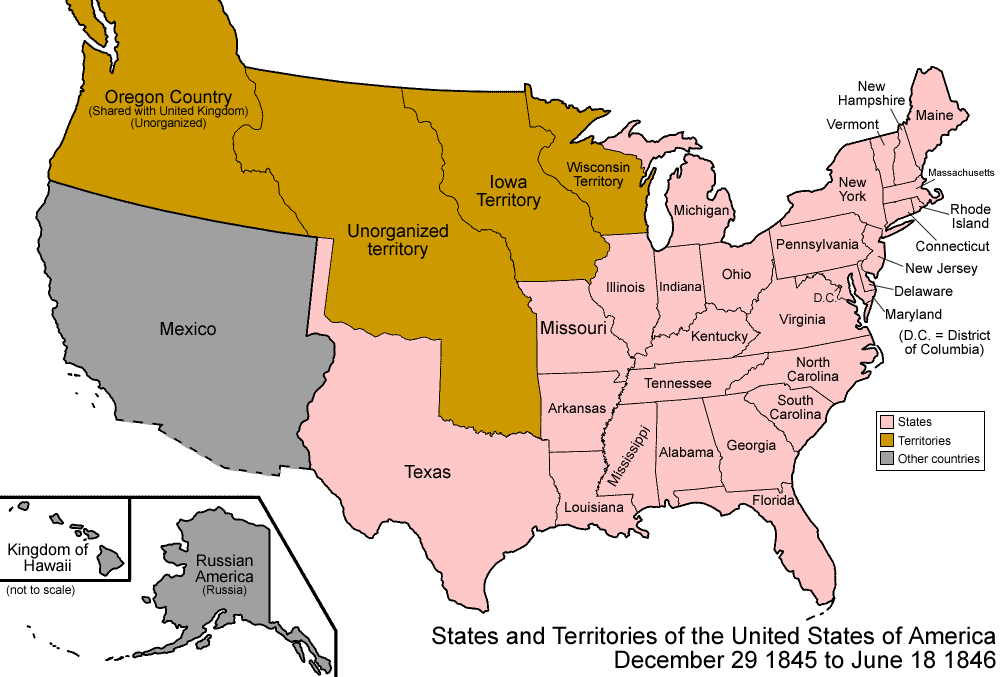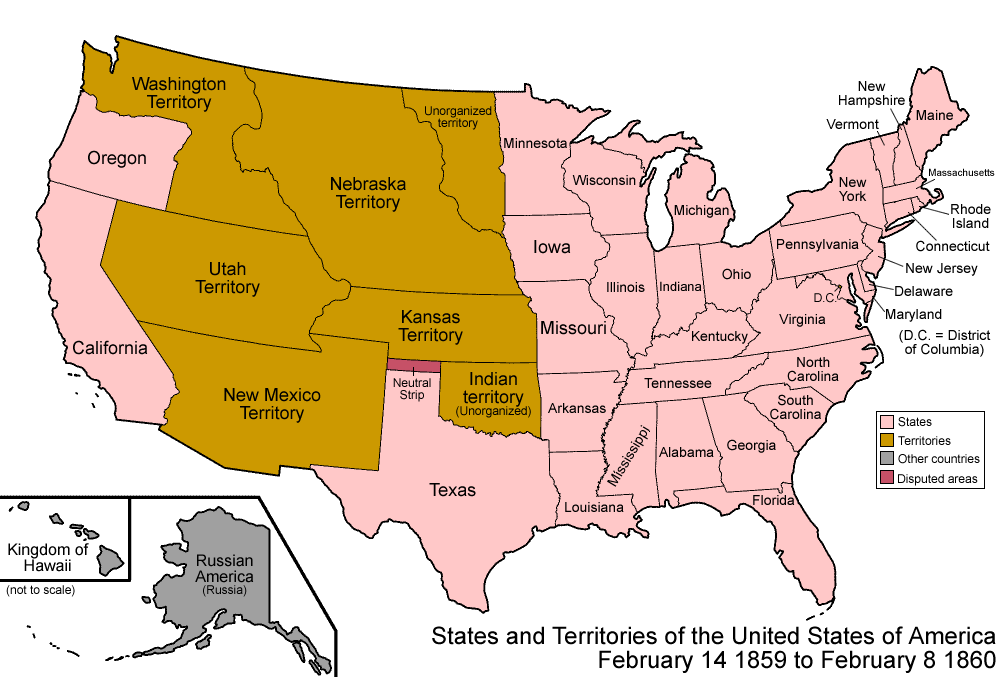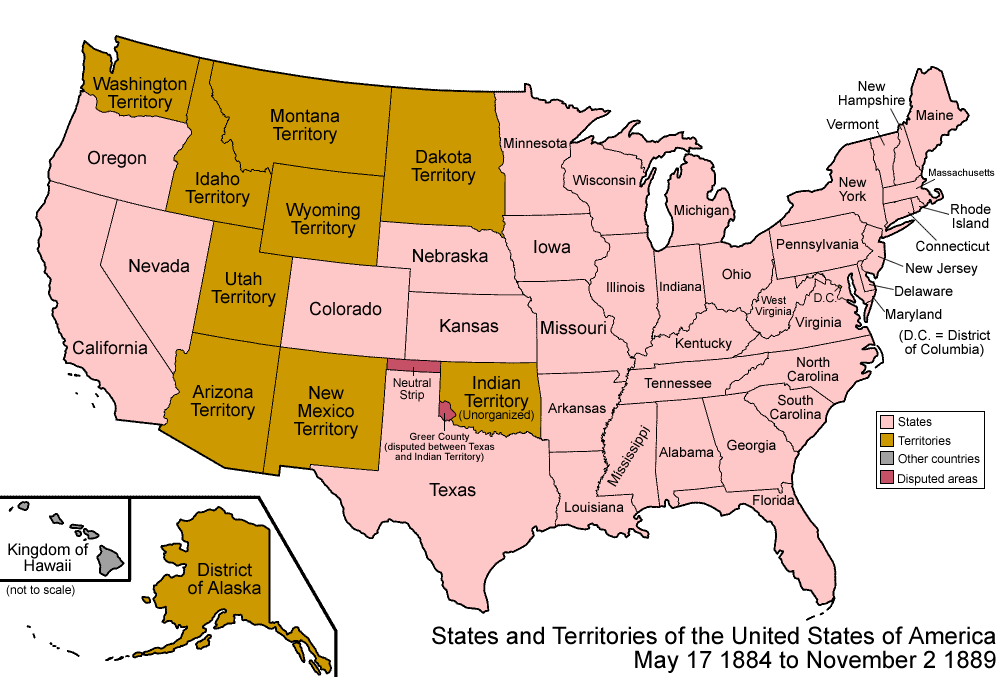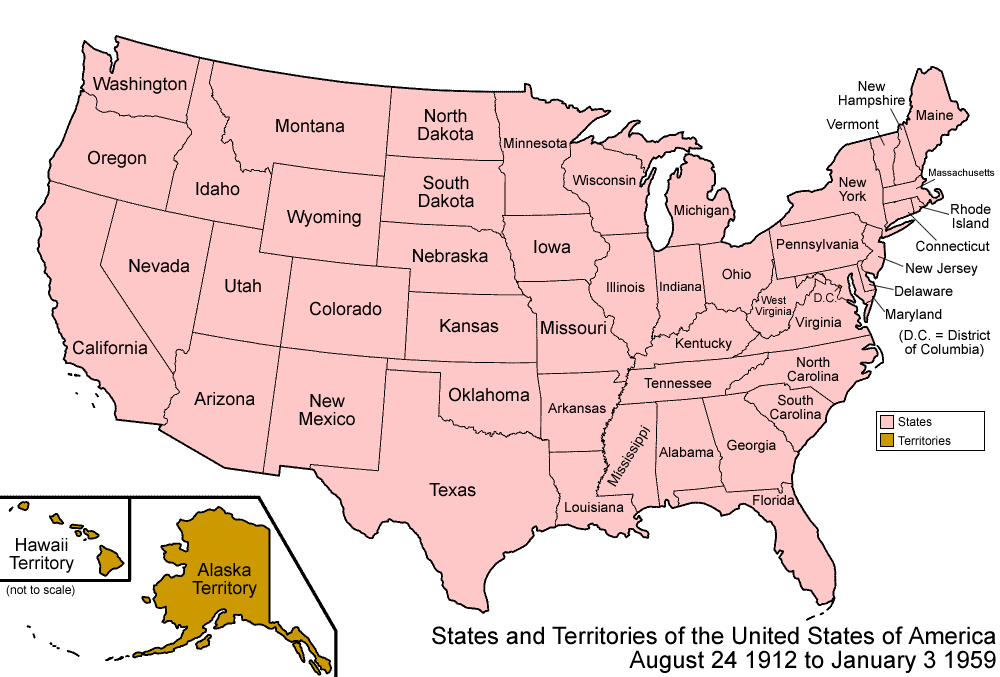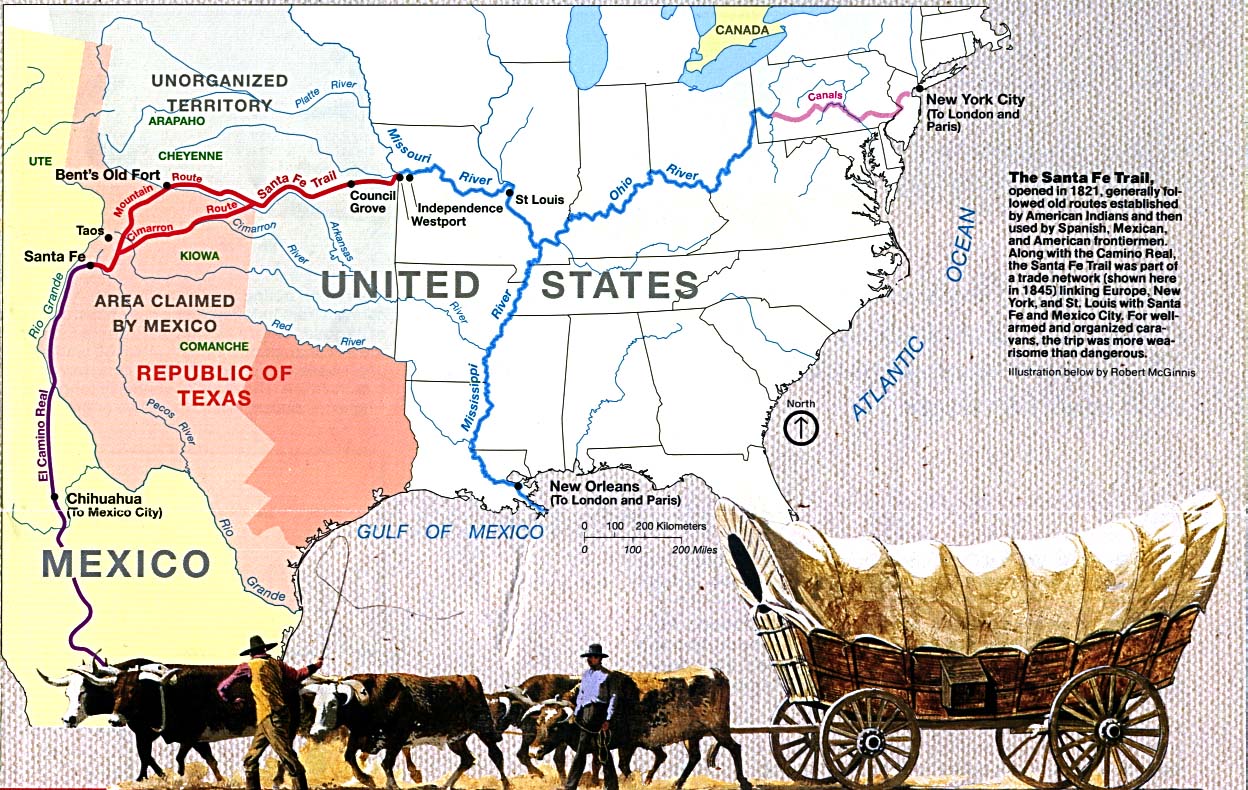The American frontier refers to the expanding edge of European-American settlement across North America from the early 17th century until the end of the 19th century. This concept encompasses the gradual movement westward from the original colonies on the East Coast into the vast, largely uncharted territories of the continent.
The frontier was a zone of dynamic change and development, characterized by the establishment of new towns, farms, and communities as settlers moved into areas previously inhabited by Native American tribes. This expansion was driven by a combination of economic opportunity, such as the search for gold and other resources, and the belief in Manifest Destiny—the idea that Americans were destined to expand across the continent.
The process of settling the frontier involved significant challenges, including conflicts with indigenous peoples, harsh environmental conditions, and the logistical difficulties of traveling and establishing new communities. The construction of railroads and telegraph lines helped facilitate this westward expansion, making it easier for people and goods to move across great distances.
As settlers moved west, they encountered a variety of environments, from the plains and forests to mountains and deserts. This diversity influenced the development of different cultural and economic practices suited to the local conditions.
The closing of the frontier is often marked by the 1890 census, which declared that the frontier line was no longer discernible. This was partly due to the fact that much of the land had been settled and incorporated into the United States, and the expansionist period gave way to new forms of economic and social development in the increasingly urbanized and industrialized nation.
The legacy of the frontier is evident in American culture and mythology, often idealized in literature, films, and historical narratives. It represents themes of exploration, individualism, and the complex interactions between settlers and native populations, shaping a significant portion of the American historical identity.
